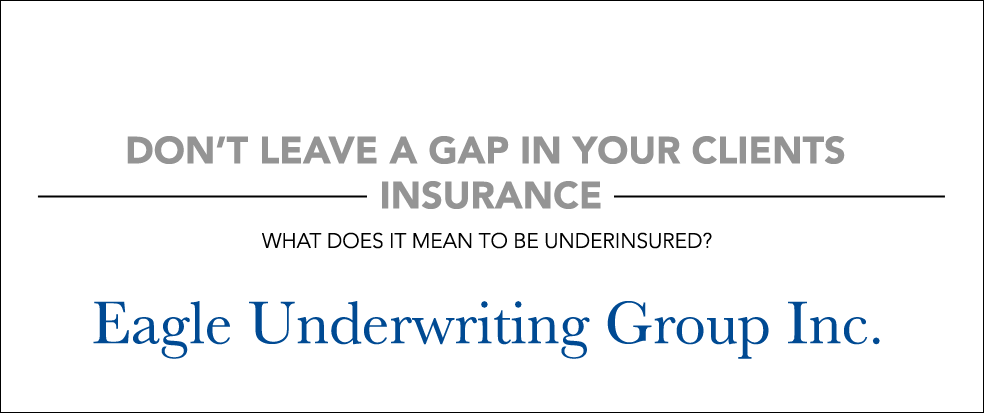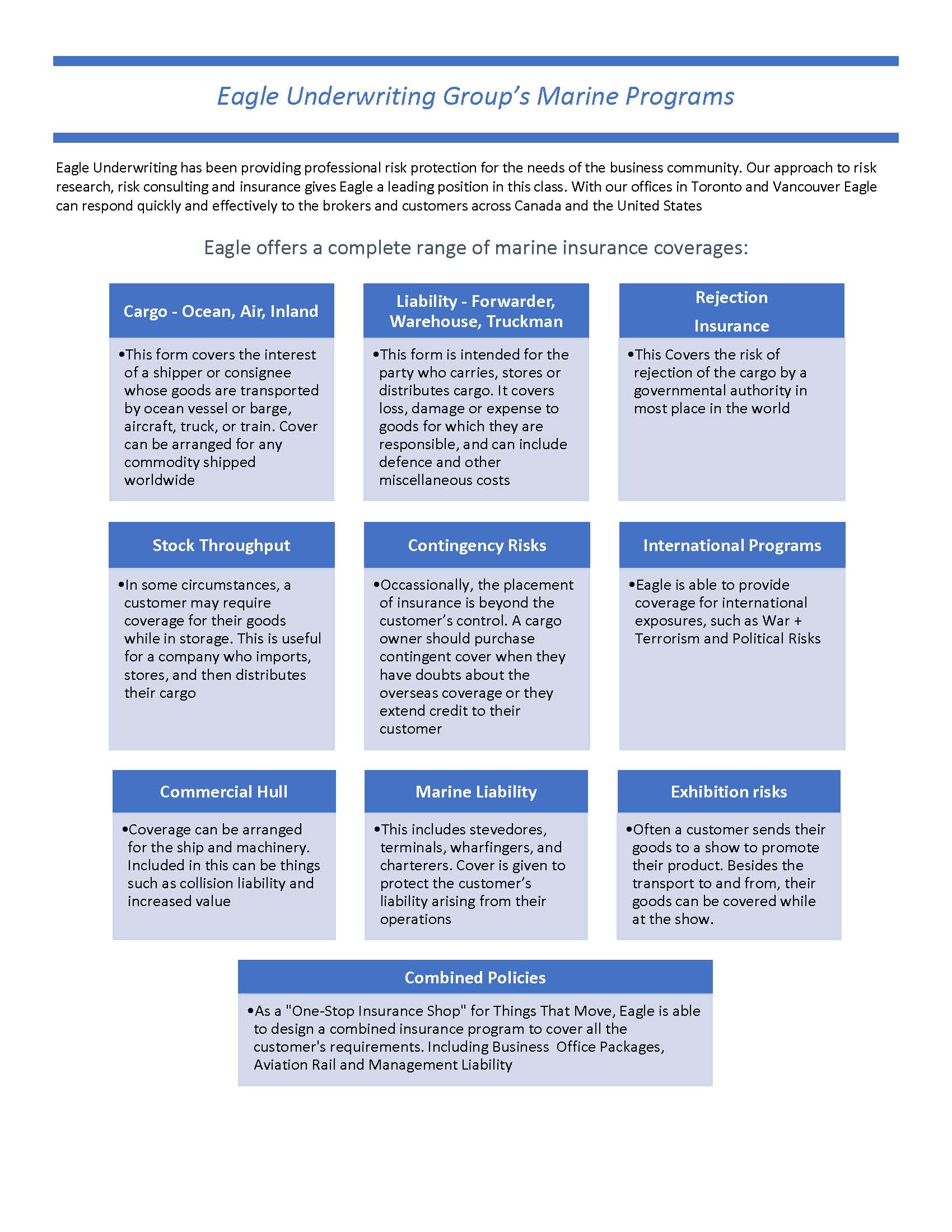The importance of valuing “Things that Move” (TTM) correctly
When the unexpected happens, clients rely on their insurance cover to make good their losses allowing them to effectively continue operating. Underinsurance can seem very appealing as it may result in lower premiums but in the event of a claim, underinsurance can result in serious financial loss to the policy holder. What many don’t understand is that unless their TTM have been valued correctly, they may be significantly underinsured without even knowing it. The amount the client insures is the most an insurer will pay out in the event of a claim, and with a partial loss, the client may even be found to be a ‘co-insurer’ and be on the hook for part of the loss.
Transportation involves the movement of property or people by water, road, rail, air and pipeline, and is vital to the economic development of a country. The risks are diverse and the chances of under valuation increases; aircraft, ships, and cargo are particularly susceptible.
Trade and global integration involving the exchange of goods or services, either domestically or internationally, plays a huge roll in today’s economy. The global supply chain is very complex these days, and proper valuation can often be difficult to establish.
Movable property includes assets that are constantly changing. Clients who own high-value items such as fine art, antiques, wine collections, family heirlooms and jewelry are vulnerable to being underinsured. Owners may not necessarily know the true value of such items, particularly if they are gifted or inherited, and are often unaware how the value of these items appreciates over time. Personal as well as commercial clients should be advised that external events can influence a certain items’ value. Common examples are; fine art can soar in value following the death of an artist or wine may increase in value if it wins a prestigious award or gold prices which have gone up by 25 per cent over the past five years – altering the value and level of cover needed. All this needs to be factored into the insurance policy and should be evaluated regularly as part of the client risk management philosophy and due diligence.
The benefits of having a proper basis of valuation carried out are significant:
- Not paying the consequences of underinsurance in the event of a claim
- Not paying excessive premiums due to over insurance
- More negotiating power when it comes to renewals
- Fast-tracked claims process without disputes over the insured values
- Minimized interruption to business operations
- Implementation of internal processes, such as asset registers
- Compliance for risk mitigation
Eagle Underwriting Group highly recommends their partner brokers and agents to ensure their clients report accurate replacement value as basis of valuation of their insured assets. This will avoid the potential of co-insurance penalties following a loss in the event of underinsurance. In-turn Eagle will provide your insureds with client-centric risk and insurance solutions, so that their business or livelihood can continue to grow rest assured.
We are your one stop shop, as most insurers only protect part of your client’s total exposure.

